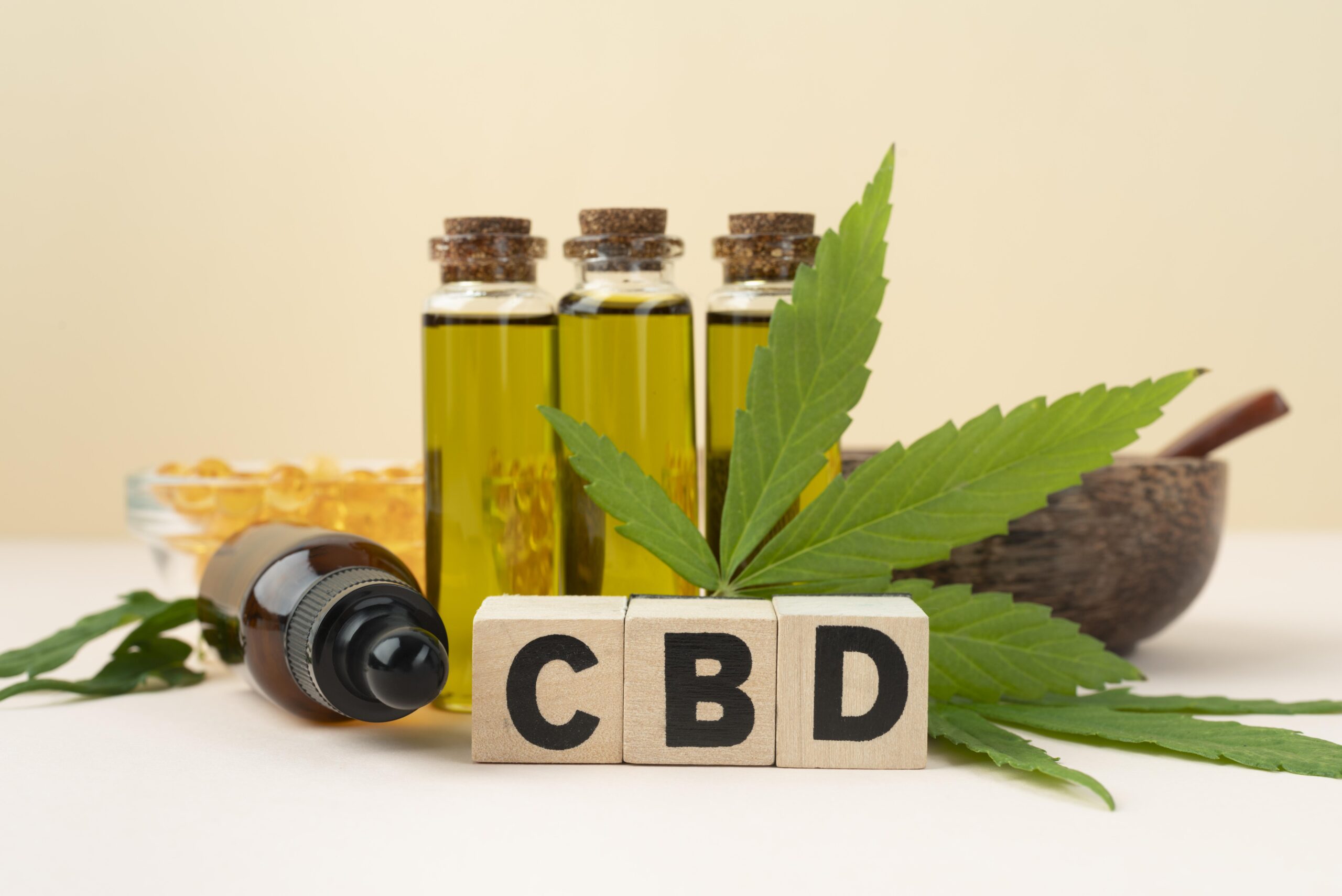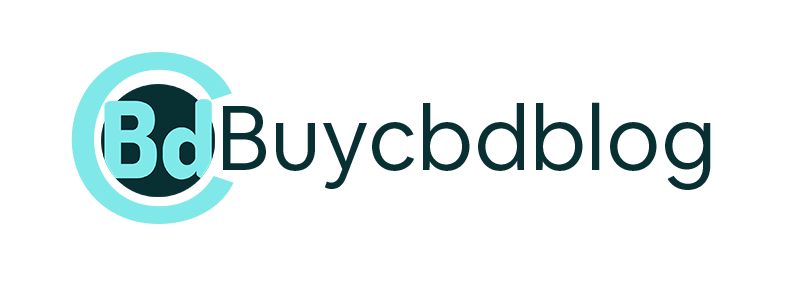
Understanding the Role of CBD Dispensaries in Local Communities
Over the past decade, the landscape of health, wellness, and recreational use has changed dramatically across the United States. As cannabis laws continue to evolve, so too has public perception—and with that shift, CBD dispensaries have become a common part of the everyday environment in many towns, including smaller communities like Port Hadlock. If you’ve ever found yourself searching pot shop near me, chances are you’re not alone. That search has become increasingly popular, not just for recreational curiosity, but for real health and wellness needs.
CBD dispensaries, in particular, have become hubs for more than just shopping. They play an important role in local economies, public health, and education about cannabis use. Whether you’re someone new to CBD or just looking to understand what these shops offer, there’s more to them than meets the eye.
Why Are CBD Dispensaries Gaining Popularity?
CBD (short for cannabidiol) is one of the many cannabinoids found in the cannabis plant. Unlike THC, CBD doesn’t produce a psychoactive “high,” which makes it an appealing option for people looking to explore the plant’s potential health benefits without altering their state of mind.
More people are turning to CBD for relief from anxiety, sleep issues, chronic pain, inflammation, and even symptoms related to epilepsy and PTSD. While scientific research is still ongoing, anecdotal evidence has driven a surge in interest. As a result, CBD dispensaries in Port Hadlock and similar small towns are seeing steady growth in demand.
These dispensaries serve as local access points where customers can learn about CBD products, ask questions, and get guidance on usage. For those who might feel overwhelmed by the flood of online options, a physical dispensary offers something essential—human interaction and trustworthy advice.
The Importance of Local Access
When you search “pot shop near me,” you’re often not just looking for convenience. You’re likely looking for a space that feels approachable and informative. That’s exactly where local dispensaries come in.
For communities like Port Hadlock, having a CBD dispensary nearby means that residents don’t have to travel far for regulated, lab-tested products. This is especially important for people using CBD for medical reasons. Local access ensures consistency, proper labeling, and an opportunity to consult with staff who understand dosage, product types, and individual needs.
Furthermore, local shops are often better at reflecting the values and preferences of the community they serve. They can stock products based on customer feedback, host educational events, and provide a level of personal service that larger commercial chains often lack.
Beyond Retail: Education and Trust
One of the most overlooked functions of a CBD dispensary is education. People walk in with questions about safety, effectiveness, legality, and use. And in an age where misinformation about cannabis still lingers, the dispensary staff becomes a key source of accurate information.
This role is especially valuable in rural or smaller communities. The CBD dispensaries in Port Hadlock, for example, aren’t just selling products—they’re helping build awareness. They explain the difference between full-spectrum, broad-spectrum, and isolate CBD. They break down what “third-party lab testing” means. They talk about proper storage and how CBD can interact with other medications.
Dispensaries can also help people navigate their options beyond CBD, including THC products where legal, topicals, edibles, and tinctures. Even for customers who initially just searched pot shop near me, the conversation often shifts toward wellness and individualized support.
The Economic and Social Impact
The arrival of dispensaries in a community has tangible economic benefits. These businesses create jobs, contribute to local tax revenue, and often source products from nearby growers and producers, supporting the broader local economy.
In towns like Port Hadlock, this kind of growth can help revitalize commercial areas, bring in foot traffic, and support other nearby small businesses. A local CBD dispensary isn’t just a standalone shop—it can be part of a thriving micro-economy built around health-conscious consumers.
Socially, these shops can help reduce the stigma that still surrounds cannabis. By offering clean, professional, and friendly environments, dispensaries challenge outdated stereotypes. They show that cannabis users come from all walks of life—parents, veterans, seniors, professionals, and people simply looking for better sleep.
Making Informed Choices
Whether you’re curious about trying CBD for the first time or looking to expand your knowledge, visiting a local dispensary can be a helpful step. Staff can guide you through product options, talk about common effects, and help you avoid low-quality or misleading products that flood the online market.
Even a simple search like pot shop near me can be the start of a more informed journey. It’s not just about finding a place to buy—it’s about finding a place to learn, explore, and connect.
Final Thoughts
The presence of CBD dispensaries in Port Hadlock and similar communities speaks to a larger trend. People want safe, local, and reliable access to cannabis-based products—especially ones that support wellness over intoxication.
As laws continue to change and science continues to evolve, the role of these dispensaries will only become more important. They’re more than just retail stores; they’re connectors, educators, and supporters of healthier living, rooted right in the community.



Average Rating